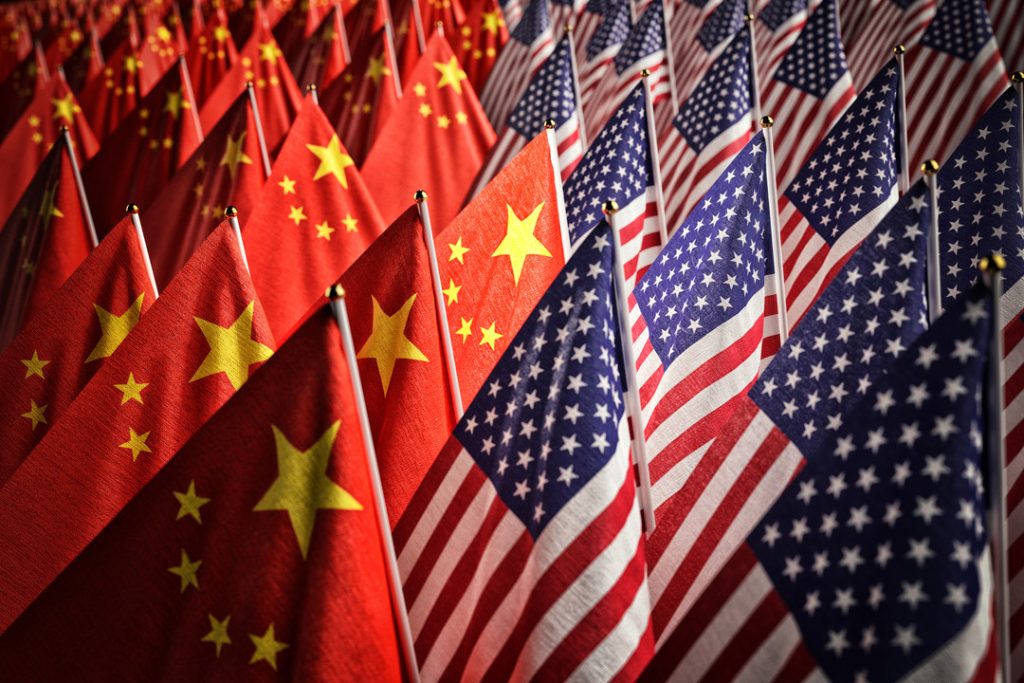
The U.S. Trade Representative’s office recently extended a tariff exemption on shredder parts that wear down until the end of May 2025. | cybrain/Shutterstock
The U.S. Trade Representative’s office has extended tariff exemptions that cover certain shredder components imported from China, drawing praise from the Recycled Materials Association.
The exemption is to tariffs that were first implemented in 2018, part of the U.S.-China trade war that included several rounds of back-and-forth tariffs that increased the cost to import products from the other country. The U.S. tariffs included steel, aluminum and numerous types of machinery imported from China, raising costs for recycling operators alongside many other industrial sectors.
But several months after the tariffs took hold, the U.S. government approved a number of exemptions, including for shredder parts that wear down. That meant U.S. shredder operators could import those parts without the extra imposed duty. The exemption was initially approved in 2019, was extended in 2020, expired in 2021, was reinstated in 2022 and was extended again into 2023, according to ReMA, which advocated strongly on behalf of the exemption.
The tariff exemption was most recently extended for five months in December and was set to expire on May 31. But ReMA alerted members this week that the U.S. Trade Representative’s office approved a further one-year extension on the exemption and others, pushing the expiration out until the end of May 2025.
The industry group, whose members include recycling companies across all material types, described the move as “great news for ReMA members that operate shredders.”
The tariffs have become a bipartisan effort, first implemented by the Trump administration and extended – and in some cases increased – by the Biden administration. The exemption announcement comes shortly after U.S. Trade Representative Katherine Tai, a Biden appointee, released her findings that the tariffs have been effective in encouraging the Chinese government to reduce certain “unfair trade practices.” These practices allegedly include government-sponsored cybertheft of intellectual property.

